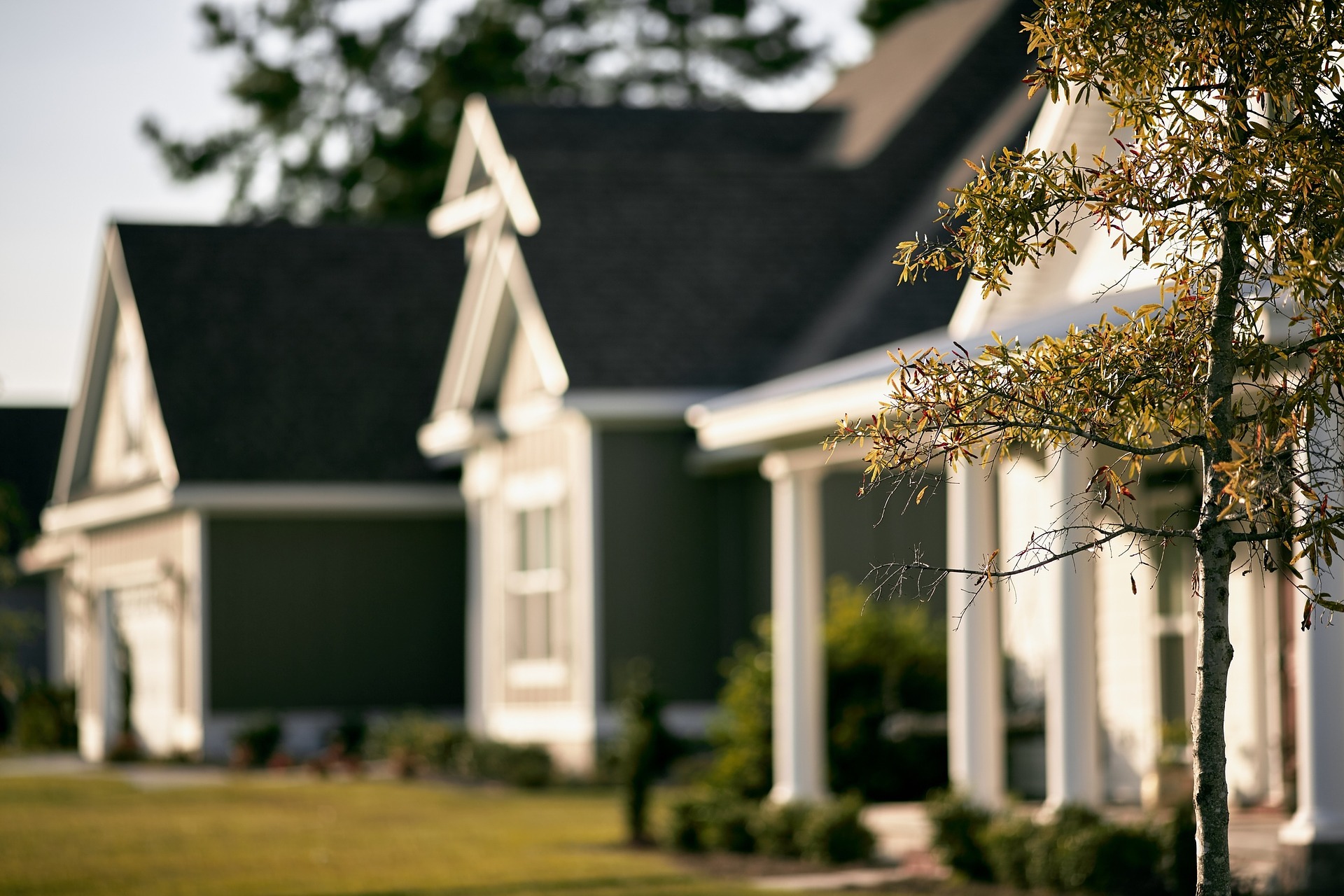 Things to think about when choosing the right place for you and your family to live
Things to think about when choosing the right place for you and your family to live
Lifestyle: First thing you would want to consider, before ever looking at homes, is the lifestyle you lead. Think about the things you would need in an area that you couldn’t live without. Do you want to live in the city with a nightlife? Off the beaten path away from most people? Or somewhere in between? Making that decision first will help narrow down the area you look for homes in.
The Area
Demographics
Crime: Researching the crime rates and statistics can help you narrow down an area to live. If you have already decided where you want to live, crime rates are always a good thing to check on. This is especially true if you have children or plan to have children. Call the local police department to get specifics about the area.
Culture: Some people need cultural stimulation regularly, so living in a larger city where that is accessible would be the best option.
Weather/Climate: The weather and climate have an affect on our mental health, daily activities, recreation, and sometimes our jobs. Picking a place that you like the weather year round is very important.
Affordability
Job Market: The job market, salary, and opportunities will vary in every area. When thinking of finding a new area to live, look into your line of work to determine if it would be a good move. There may be more selection or higher salary in one area over another.
Housing Market: When buying a home it’s also good to get the most bang for your buck! Researching the housing market in an area will help to determine the property values and whether it’s a good place to invest. Things you would want to look into is how long homes are on the market, resale value, and current home prices, that will give you a good idea of the market.
Cost of Everyday Items: No matter how good your job is, or the value of your home, the prices of everyday items need to also be considered. The prices of groceries, gas, and utilities vary from place to place. It could mean the difference of living comfortably and within your means or living from paycheck to paycheck.
Taxes: There are 5 states out there with no sales tax, and 9 that don’t collect income tax. Not to mention that the property tax rate is different from city to city, even in the same state. Other states offer tax credits or exceptions. Taxes, although very necessary, could mean a big difference on the amount you spend each month on both your goods and your mortgage and is something that needs to be considered before moving.
The Neighborhood

Age: Is a neighborhoods historic or new developments? That’s something to consider, if that matters to you. Older neighborhoods bring character, but there may also be more to repair. New developments bring more of a modern feel but it typically suggests additional future growth, which could be viewed as positive or negative
Sounds & Smells: Listening to the area is important. Being close to a freeway/highway, train, etc could cause sleepless nights. Or, if there are any bad odors or poor air quality, that’s something that would affect your decision as well. Sounds and smells are not something you can detect on the internet. If you’re getting serious about a neighborhood, pay it a visit. Be sure to listen and smell, before ever making a purchase.
Schools: If you have or are planning to have children, be sure to check on the type of schools in the area. Look into the elementary, middle, and high schools. That can be a huge determining factor on the neighborhood to live.
Home Owners Association: HOA’s bring strict rules as well as typically an additional fee. Although they will keep the neighborhood looking clean, it may not be worth the extra cost.
Distance
Family & Friends: If being close to family and friends is important, that should always be considered when picking the place you live. Chose an area with a reasonable drive time or plane ride to them.
Commute: First thing to determine is how you’re going to commute. Will you be driving, are there public transportation options available, or are you close enough to walk? The next thing to consider is the time it takes to commute to and from both work and school. Be sure to look into the commute time during the peak travel times of the day. Will longer commute times affect your quality of life, taking away from time you could be spending with your family or friends.
Amenities & Conveniences: It’s good to identify how close you would be to things like hospitals, airports, parks, grocery stores, and gas stations. If the neighborhood you’re interested in is farther out, will you be willing to travel a greater distance to get your everyday needs or in an emergency? Another thing to consider is how far away you’d be to your hobbies. If you like to ski, being many hours away from the closest mountain wouldn’t be the best option.
Tourist Attractions: Being close to tourist attraction can seem great when you’re thinking about moving to an area. But consider what it would be like after years of living there. The busy season will bring more people in the area which could become difficult to deal with over time.
Sources: U.S.News, Money Crashers, HGTV, The Spruce, Livability
 Facebook
Facebook
 X
X
 Pinterest
Pinterest
 Copy Link
Copy Link




